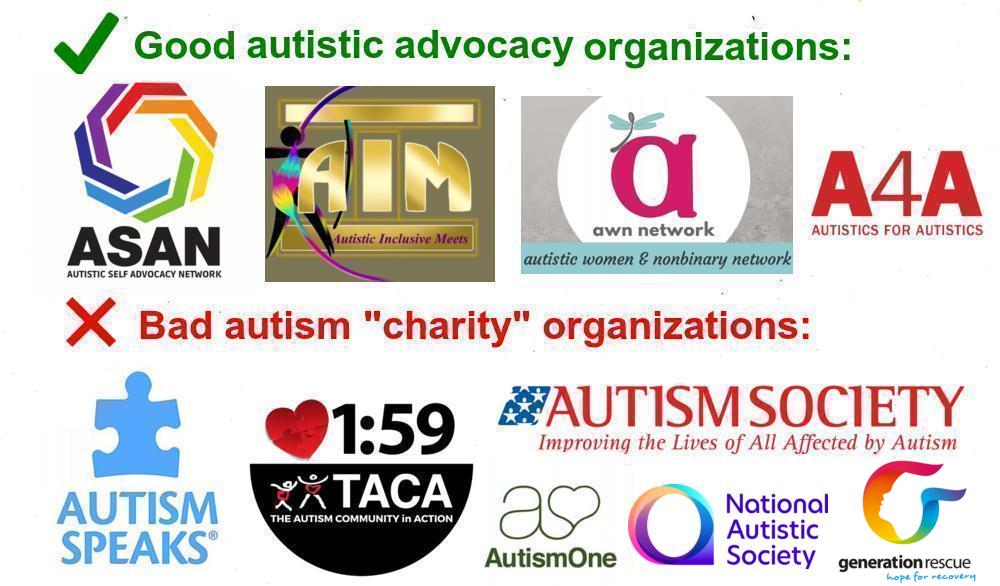In 2020, it was assumed 1 in 36 children born in 2012 were diagnosed with autism spectrum disorder. Unfortunately, ASD has a significant amount of misinformation surfacing in various public spaces. Some of that disinformation is even perpetuated by popular self-acclaimed autism supporting organizations such as Autism Speaks, Autism Science Foundation, National Autistic Society, etc.
What is autism spectrum disorder? Contrary to social media’s belief about acting “stupid”, walking on your toes, or being socially awkward, the only true “symptoms” of autism is the autism spectrum disorder criteria. The CDC states, “To meet diagnostic criteria for ASD according to DSM-5, a child must have persistent deficits in each of three areas of social communication and interaction plus at least two of four types of restricted, repetitive behaviors.”
Doing online autism assessments for free may make you find comfort in identifying with the label of being autistic; which is okay to do as long as you do genuine research and without being malicious. Self-diagnosis is valid and there are many reasons why someone may choose to not peruse an autism diagnosis. There are various factors with many pros and cons to pursuing a diagnosis.
Whether or not someone pursues diagnosis, isn’t anyone else’s decision. Whether or not someone is “truly” autistic, isn’t something any one person can say with absolute certainty. Do you think you spotted someone “faking” autism spectrum disorder? It likely isn’t harming anyone so it may just be better to go on with your day. They might not be harming anyone, but falsely fake claiming can, and often does harm the individual being fake claimed.
ASD is not a fun thing to have even if it makes people more unique. Most people do not willingly fake a disability; and for those who do, they likely have other disorders causing them to do that. Individuals with ASD often have notable comorbidity rates with depression, various abusive situations, ADHD, anxiety, debilitating sensory issues, etc.
For Autism Acceptance Month, spread some love, stop using the r-slur if you cannot reclaim it, do research, don’t use the puzzle piece symbol, don’t “light it up blue”, and be understanding.

